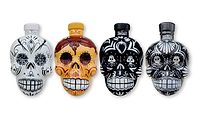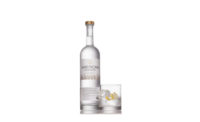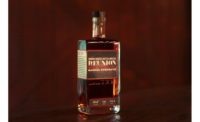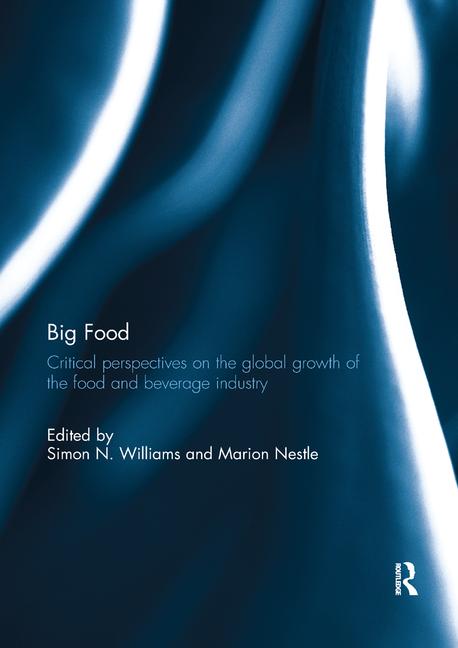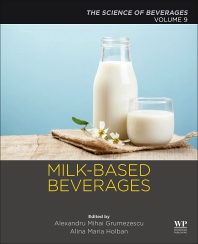Distilled spirits sector experiences accelerated growth in 2016
Category gains market share for 7th consecutive year
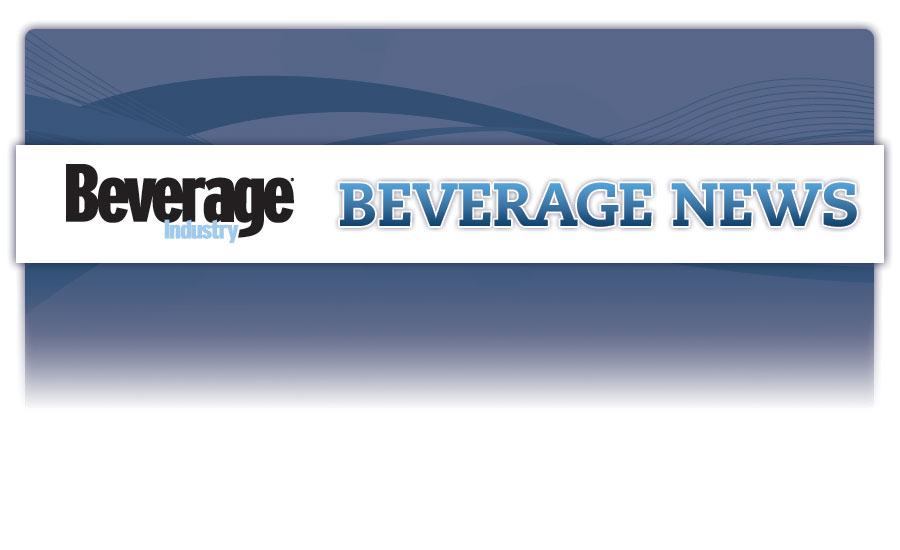
The distilled spirits sector achieved accelerated growth in 2016 with supplier sales up 4.5 percent to $25.2 billion, volumes up 2.4 percent to 220 million cases and a seventh straight year of market share gains relative to beer, the New York-based Distilled Spirits Council announced at its annual economic briefing for media and Wall Street analysts, sponsored by Spirited Funds.
“The continued growth of the spirits sector clearly demonstrates that adult consumers’ taste for and interest in premium distilled spirits, across all categories, is trending upward,” Distilled Spirits Council President and Chief Executive Officer Kraig R. Naasz said in a statement. “Spirits makers continue to develop new innovations to appeal to a growing audience of adult millennials, and they are responding by purchasing and enjoying our products.”
American whiskey — bourbon, Tennessee and rye — continued to captivate U.S. consumers with volumes up 6.8 percent to 21.8 million cases and revenues up 7.7 percent to $3.1 billion, the council says. The following spirits categories also experienced strong growth in the U.S. market:
- Cognac: volumes up 12.9 percent to 5.1 million cases; revenues up 15.3 percent to $1.5 billion;
- Irish whisky: volumes up 18.7 percent to 3.8 million cases; revenues up 19.8 percent to $795 million;
- Tequila: volumes up 7.1 percent to 15.9 million cases; revenues up 7.5 percent to $2.5 billion; and
- Vodka: volumes, which represent one-third of all spirits volumes, up 2.4 percent to 69.8 million cases; revenues up 4.1 percent to $6 billion.
The council estimated that overall retail sales of distilled spirits in the U.S. market reached nearly $78 billion in 2016, supporting more than 1.4 million jobs in the hospitality and manufacturing sectors.
The spirits sector’s strong performance in 2016 resulted in market share gains relative to beer for the seventh straight year, reports David Ozgo, the council’s chief economist. Market share for spirits increased one-half of a point to 35.9 percent. Each point of market share is worth approximately $700 million in supplier revenue, it says.
Ozgo cited several key factors contributing to the spirits sector’s continued growth:
- The American whiskey trend, which has plenty of room for growth as the country trends back toward historic levels of whiskey consumption;
- Cocktails are exceptionally well-positioned to meet adult millennials’ demand for unique and varied experiences;
- Spirits fit nicely into the trend of consumer interest in brands with authentic, interesting backstories;
- Local distilleries are driving modernization of state and local laws while also generating excitement in the overall spirits category; and
- Spirits have become a fixture in popular culture and are part of the norm.
Total U.S. spirits export volumes increased 6.8 percent in 2016, driven largely by American whiskey — bourbon, Tennessee and rye — which increased 10.2 percent in 2016, the council says.
Christine LoCascio, the senior vice president of international affairs for Distilled Spirits Council, attributed the volume growth to global fascination with the American whiskey story, the exporting of cocktail culture, and the mixabililty and versatility of America’s native spirit.
Looking for a reprint of this article?
From high-res PDFs to custom plaques, order your copy today!



